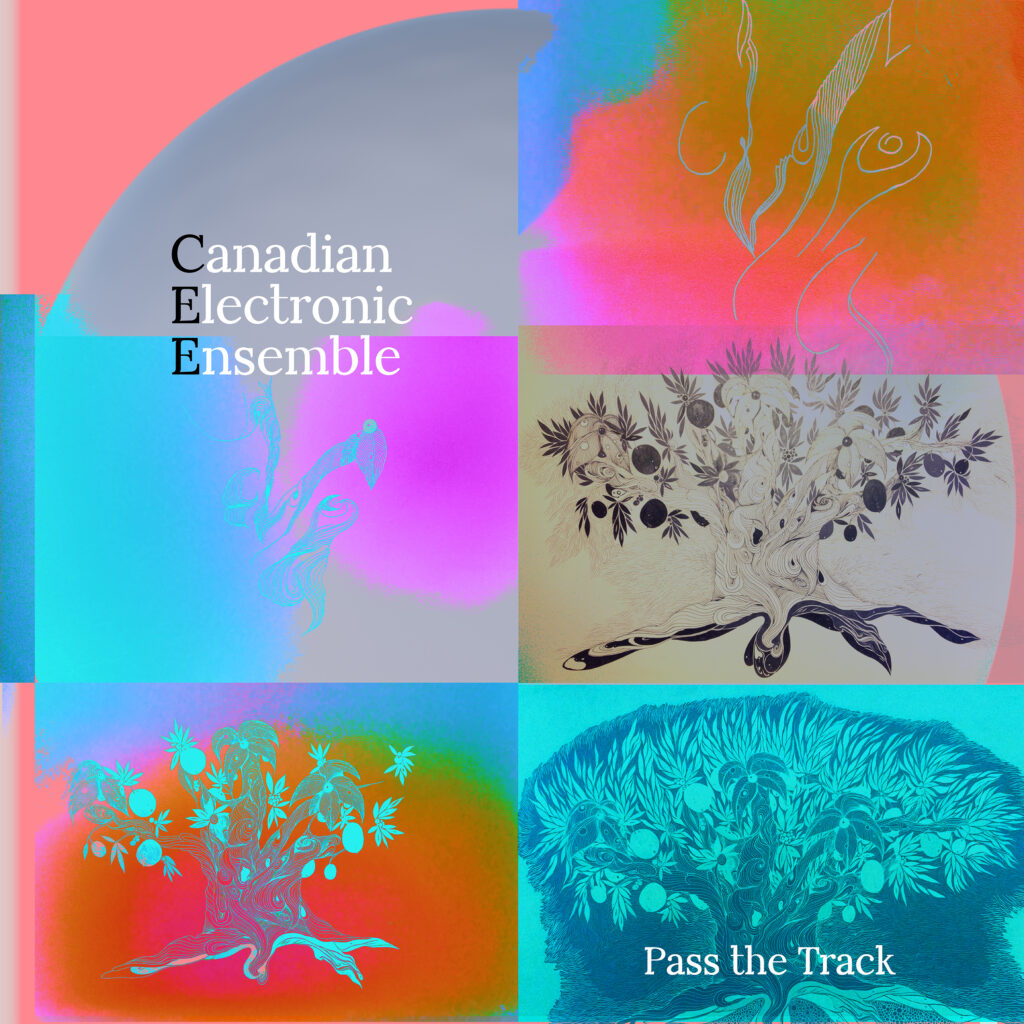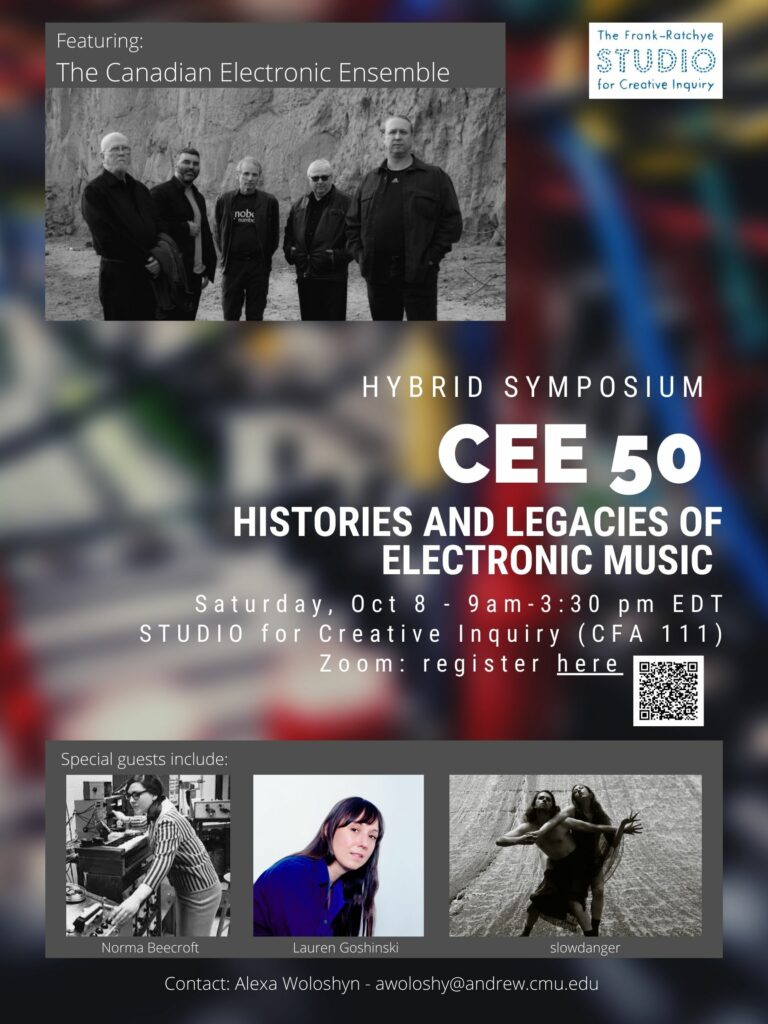CEE founding member David Jaeger is featured on Vintage Americana, a new release on the Navona Records label.
A work that was composed by David Jaeger in 1979, during the first decade of the CEE, Quivi Sospiri for solo piano and live electronics has been included in a new release of 20th Century works for piano, performed by Toronto piano virtuoso Christina Petrowska Quilico. The work was originally composed for a concert presented by the CEE, and remained in the active touring repertoire of the CEE for many years. Petrowska Quilico, a brilliant, internationally acclaimed piano soloist has championed the work and has recorded it several times.
Essentially a tone poem depicting the third canto of Dante’s famous poem, Inferno (the first part of his Divine Comedy,) Quivi Sospiri was inspired by the qualities described by Dante as his protagonists in the poem enter the gates of hell. As the journey begins, the poet’s imagery is limited to sonic artifacts alone, due to the pitch blackness inside those terrible gates. This is the only time in the great poem where Dante uses no visual imagery. Jaeger felt this circumstance was a perfect opportunity to create a sonic landscape for performance by solo piano and live electronics.
The solo piano part of Quivi Sospiri is fashioned in a manner not too far removed from Romantic piano repertoire, taking advantage of Petrowska Quilico’s extensive experience with the virtuoso repertoire of that much earlier period. The writing for the electronic components of the work complements the virtuosity of the piano part, supporting it and amplifying its progress in the telling of the dark sonic tale.
Quivi Sospiri was included in the Navona album by Petrowska Quilico, along with works by American composers Lowell Liebermann, David Del Tredici, Frederic Rzewski, Mario Davidovsky and Paul Huebner, all composers who were active in the contemporary American music scene in the 20th Century. Jaeger, who was born and raised bu the USA before moving to Toronto in 1970, has had relatively little visibility as an American composer. His profile is much more strongly associated with Canadian music, and in particular, with the CEE.
Vintage Americana, was released by Navona Records in November of 2021, The catalogue number is Navona nv6384. CBC Music included the album in its list of top classical releases of the year 2021. The link for the complete list is: https://www.cbc.ca/music/canada-s-top-21-classical-albums-of-2021-1.6261267 The album is available on most of the popular digital music services as either streamed audio or as a download.


